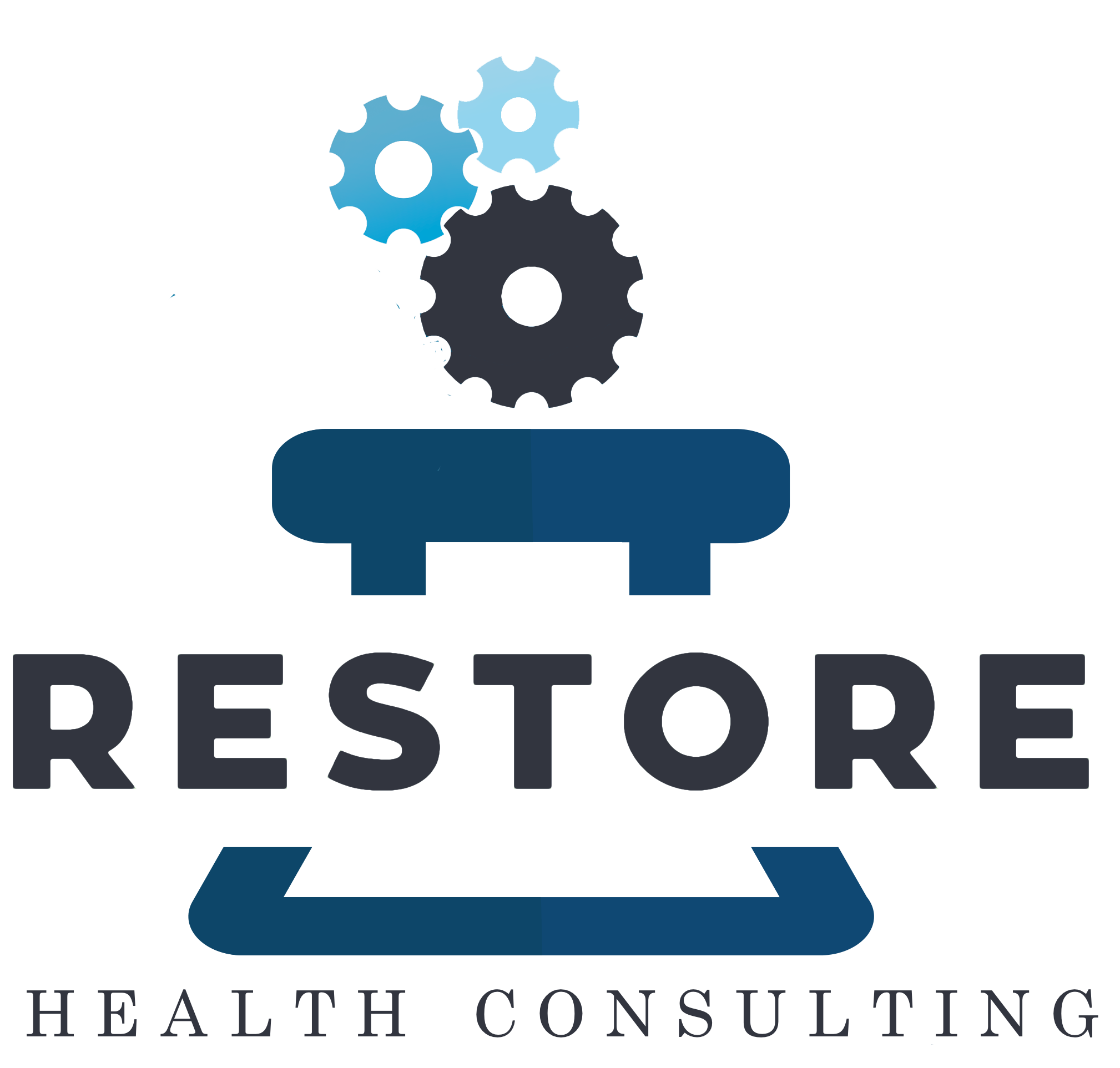OIG Reports Most Hospitals Obtain Compounded Drugs From Outsourcing Facilities
A recent report by the Office of Inspector General found most hospitals obtain compounded drugs from outsourcing facilities. However, federal law prohibits compounding pharmacies from distributing non-patient specific compounds to clinics, hospitals, and other healthcare settings for office use. You might ask, “Who are these pharmacies and why would they risk an FDA audit?” The 503A pharmacies that are providing non-patient specific compounded drugs to hospitals could be residing in states that allow office-use compounding and may not be concerned or aware of the federal regulation. But if your pharmacy is one of them, you are asking for trouble from the FDA if you continue this practice without registering as a 503B.
The OIG report reveals key outsourcing facility business strategies.
How do hospitals decide which 503B facility to use?
What are the most popular products purchased?
Are outsourcing facilities actually meeting market demands for drugs on shortage?
Is it true there is no one stop shop outsourcing facility able to serve a hospital’s entire compounding needs?
Are hospitals planning on becoming outsourcing facilities?
The report aims to answer all of these questions to help 503B facilities better serve health systems.
Several current hospital compounding needs are cited in the article, which may encourage 503B pharmacies to expand their product mix to meet the market demand. For example, narcotics/controlled substances, patient-controlled analgesia, and epidurals are revealed to be the most commonly obtained compounds from health systems. Today, it is the larger 503B’s that supply the majority of these drugs to large health systems in America. However, the report also states that not all hospital needs are being met by one particular outsourcing facility. This leaves room for smaller 503B’s with a limited selection of compound drug SKU’s to supply their unique compounds to the same large health systems.
One need not being met in particular is the inability of outsourcing facilities to fully serve drug shortages. It’s a catch-22 because health providers need these drugs distributed immediately but it takes time for compounders to complete stability studies and extensive validation work to develop a compounded drug per CGMP standards. On top of developmental delays to market, there are no guarantees as to how long a drug will stay on shortage. So firms need to conduct cost benefit analyses when making the determination to invest and develop drugs on shortage. If a 503B facility can figure out how to manufacture backordered drugs swiftly and still maintain current good manufacturing practices, they’re sure to have a corner on the shortage market.
Another major reminder in this article is that quality and compliance are everything in the 503B (and also 503A) drug compounding business. If your firm has suffered a history of enforcement actions such as product recalls, seizures, injunctions, suspension or revocation of a state license, or warning letter; or has a history of poor quality documentation or inadequate staff training, hospitals are unlikely to buy compounds from that facility. Quality must be built in to the manufacturing process so regulatory compliance follows and health providers feel comfortable in buying from a particular 503B. One thing remains certain, there is enough 503B business opportunities for those who do it right and can streamline the pre-validation phase of bringing new products to market quickly.
